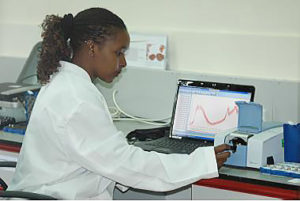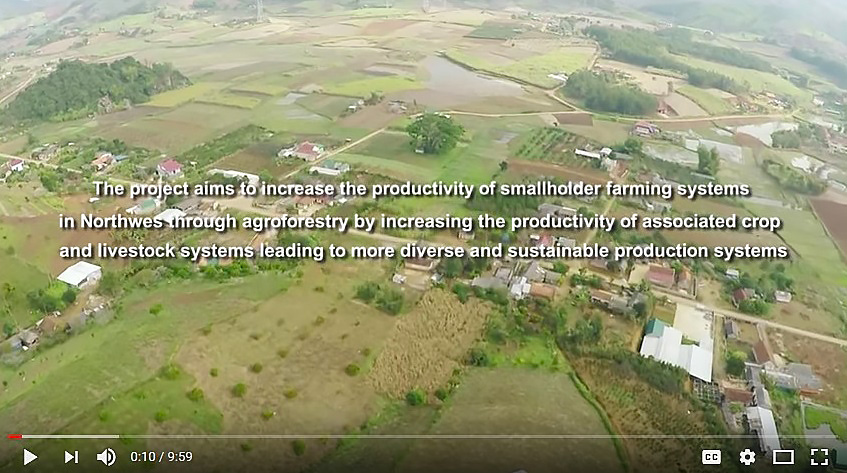

Digital Maps of Soils Help Food Security
October 11, 2016
A recent visit to Australia by Dr Keith Shepherd from the World Agroforestry Centre provided an opportunity to spread the word of their important work in Africa and beyond, particularly in the area of soils for food security.
 Keith (pictured right) has over 40 years experience in development and now leads the Science Domain on Land Health Decisions. He serves as a Principal Soil Scientist at the World Agroforestry Centre (ICRAF), the world’s leading research institution on tropical agroforestry, based in Nairobi. His research focuses on land health surveillance—an evidence-based approach to measuring and monitoring land health (including soil carbon). He’s also Adjunct Senior Research Scientist, Earth Institute, Columbia University in New York.
Keith (pictured right) has over 40 years experience in development and now leads the Science Domain on Land Health Decisions. He serves as a Principal Soil Scientist at the World Agroforestry Centre (ICRAF), the world’s leading research institution on tropical agroforestry, based in Nairobi. His research focuses on land health surveillance—an evidence-based approach to measuring and monitoring land health (including soil carbon). He’s also Adjunct Senior Research Scientist, Earth Institute, Columbia University in New York.
The mainstay of Keith’s research over the past decade has been on improving food security through soil improvement in Africa and beyond. This work is explained in the ICRAF article 21st Century Explorers Seek Out New Riches in Africa, which says:
Working from a small laboratory in Nairobi, Kenya, a group of modern day explorers is providing the data for a first-ever set of digital maps of African soils. Traditional maps, the scientists say, provide information on broad soil types but not on specific soil properties. The new maps provide direct information on soil properties at a level of accuracy once considered all but unachievable.
 “It would have taken thousands of field workers and a multi-million dollar investment to develop the types of maps that are now being generated,” says Keith.
“It would have taken thousands of field workers and a multi-million dollar investment to develop the types of maps that are now being generated,” says Keith.
Detailed maps are now available that are helping thousands of subsistence farmers to maximize their production of basic food crops, an effort that many experts believe will also take the pressure off Africa’s forests and marginal lands and help reduce global climate change.
Keith recently met with collaborators, including CSIRO, and made a presentation at the Australian National University on the use of economic models that project long-term costs, benefits and risks that help decision-makers select options that optimise outcomes across the whole set of Sustainable Development Goals.
The Fund organised some media contact for Keith and his interview on ABC Radio in Canberra with presenter Louise Maher is here.
For further information on some ICRAF work supported by Australia, see the following links:





